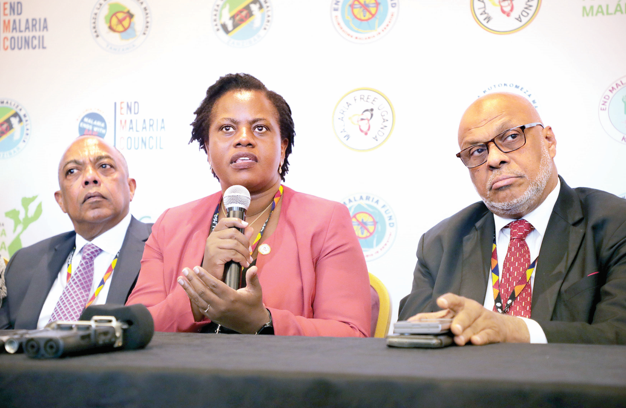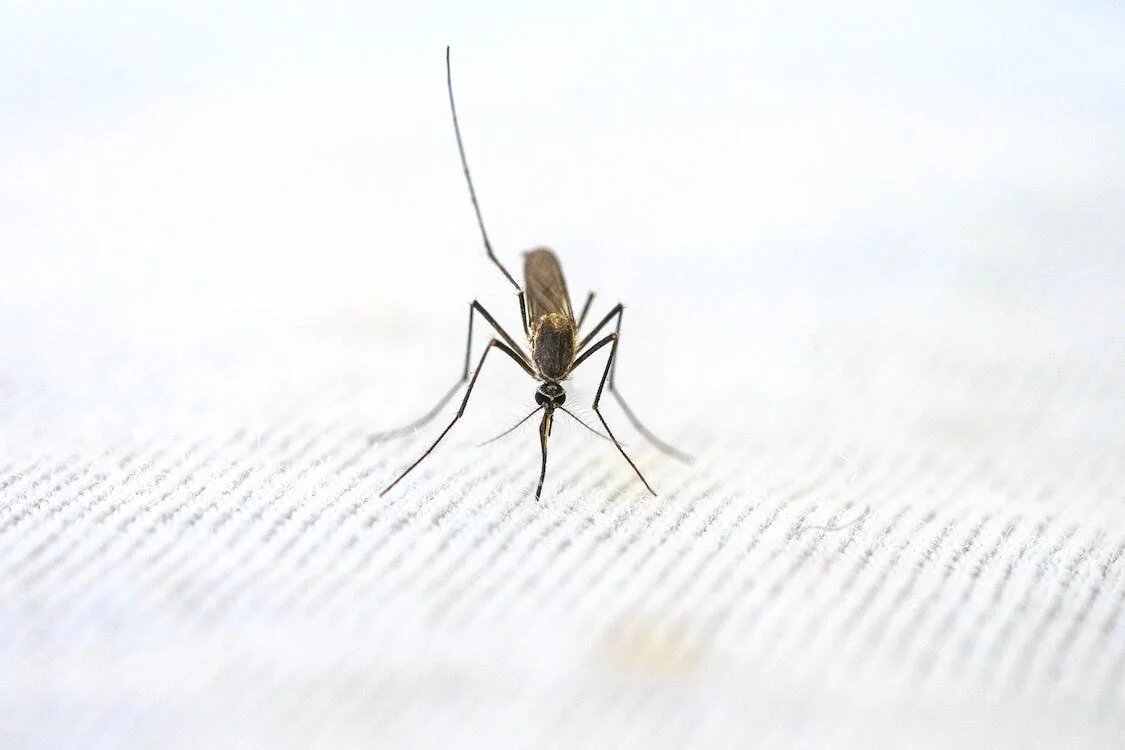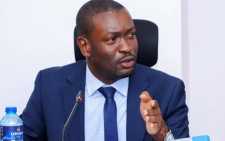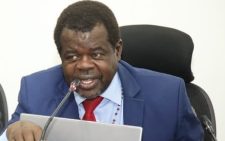Concerns raised over malaria funds gap

The End Malaria Council (EMC) in Kenya is mobilising the private sector in a new strategy to bridge the funding gap as the continent’s malaria experts exude confidence Africa will win the war against the disease despite the recent US foreign policy shift.
It emerged yesterday that Kenya is one of the countries with a huge funding deficit estimated at between Sh4.3 billion to Sh5 billion ($33 million-$35 million), at a time the country can only raise a paltry Sh193.5 million ($1.5 million) annually.
This comes at a time the malaria reduction curve has stagnated since 2021, with deaths arising from the disease also on the rise.
The situation is exacerbated by increased resistance to drugs, insecticides and bed nets.
Chris Getonga, the EMC-Kenya chairman, while elaborating on the deficit and the efforts needed to overcome the funding challenges, said the re-energised ambition to raise local finances, means Kenya and her African counterparts, have to hit the ground running.
“We don’t have to wait anymore,” he said. “You can see Zambia has raised Sh6.5 billion ($50 million), but Kenya has done only a little over $1.5 million.”
He spoke as other experts from the region slammed the US and the West for the withdrawal of essential funding.
Population swell
Getonga was speaking at the opening of a two-day African Regional Meeting of the End Malaria Councils & Funds in Kiambu. At the meeting, it was also revealed that the 2024 Malaria Progress Report, which will be released in a fortnight, calls upon countries to develop acceleration plans, including for EMCs.
Dr Willis Akhwale, advisor to the EMC, said Africa is facing a “perfect storm” of emerging threats. “To navigate this challenge we also have to look at the doubling of the population in Africa by 2050 which is likely to increase costs, strain already weak health systems and result in a half a billion cases and 2.8 million deaths annually.”
Akhwale revealed that Sh52 billion ($400 million) is needed for new, but more expensive, commodities to address insecticide and drug resistance and genetic mutations reducing the efficacy of frontline interventions.
The latest challenges come hot on the heels of the Anopheles stephensi transmission, which thrives in both rural and urban areas, and has been detected in 10 countries. Hosted by EMC-Kenya and African Leaders Malaria Alliance, the meeting discussed innovative strategies to ramp up domestic financing of malaria programmes in Africa amid growing fatigue from foreign donors.
The sub-Saharan Africa region accounted for 94 per cent of 263 million cases of malaria that were recorded globally in 2023, according to WHO.
An estimated 6.3 billion dollars is required annually to sustain the malaria fight in Africa, inching the continent closer to eliminating the mosquito-transmitted disease by 2030, noted the officials and experts attending the day-long forum.











